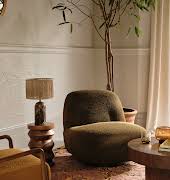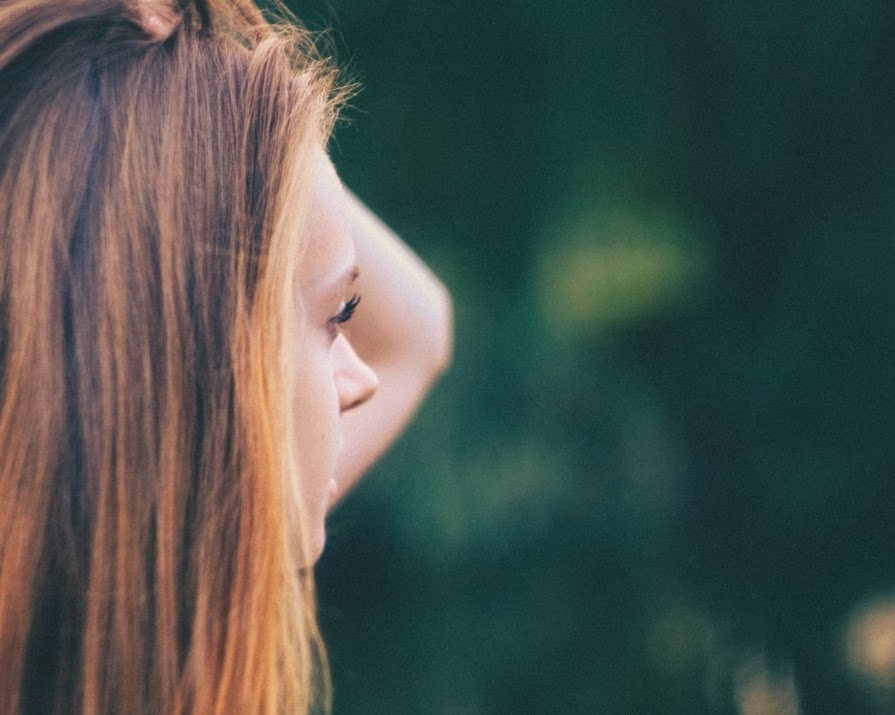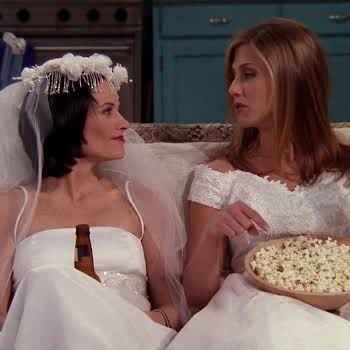
By Jennifer McShane
11th Apr 2016
11th Apr 2016
As if the gender wage gap wasn’t bad enough, now a study has said it could actually have significant implications for our mental health. Research?has found that women who earn less than their male counterparts are more likely to have a “major depressive disorder or a generalised anxiety disorder,” according to a study conducted at Columbia University’s Mailman School of Public Health.
It was a fairly comprehensive study; researchers examined 22,581 men and women aged between 30 and 65 years-old. In terms of education levels, work experience, and qualifications, they were all perfectly matched and all equal. However, psychologically, things were vastly different between both sexes. For starters, the scientists found that women were twice as likely to suffer from depression initially – regardless of what income they had. This fact isn’t surprising, as numerous research has confirmed this;?women are prone to increased bouts of anxiety and depression in comparison to males – partially due to biological and hormonal reasons as well as being stigmatised when it comes to seeking mental help.
Sadly, it gets worse. ?When the?wage disparity was taken into account, the rate of depression among women became 2.5 times higher than in men, and then they were four times as likely to suffer anxiety.
Explaining his research, study author and Ph.D. student Jonathan Platt said: “The social processes that sort women into certain jobs, compensate them less than equivalent male counterparts, and create gender disparities in domestic labour have material and psychosocial consequences.To see such a clear signal emerge, and for it to be so robust in the data, was pretty surprising,? he said.
Frankly, we’re not one bit surprised. We’ve reported countlessly on the number?of public figures fighting for the equal rights of women in this regard over the past year, but it is, at least, positive that they are all behind the same message: we matter, and we deserve to be treated as equals.






















